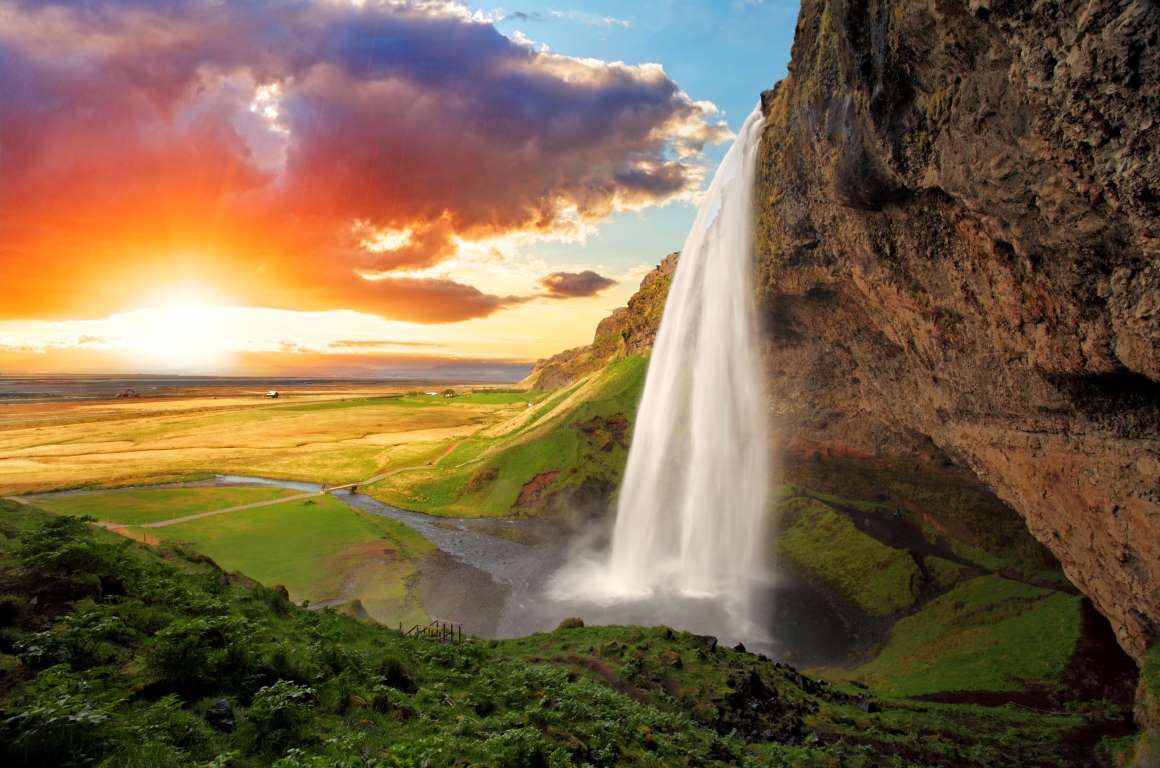
Iceland, located in the North Atlantic Ocean, is the most sparsely populated country in Europe. It boasts of picturesque locations with a vast expanse of greenery, mountains and waterfalls, and is a nature lover’s paradise. Here are some unique reasons to visit the beautiful country.
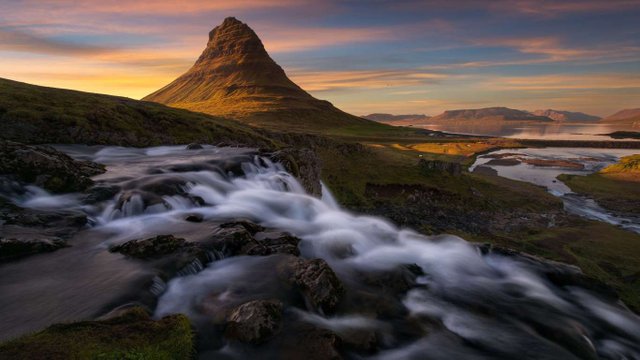
Midnight sun
The natural phenomenon can be observed anytime starting May and ending late July, and the sun is visible for 24 hours on summer solstice, i.e., June 21. The setting sun renders the skies in a blaze of colors and patterns that is rarely seen anywhere else.
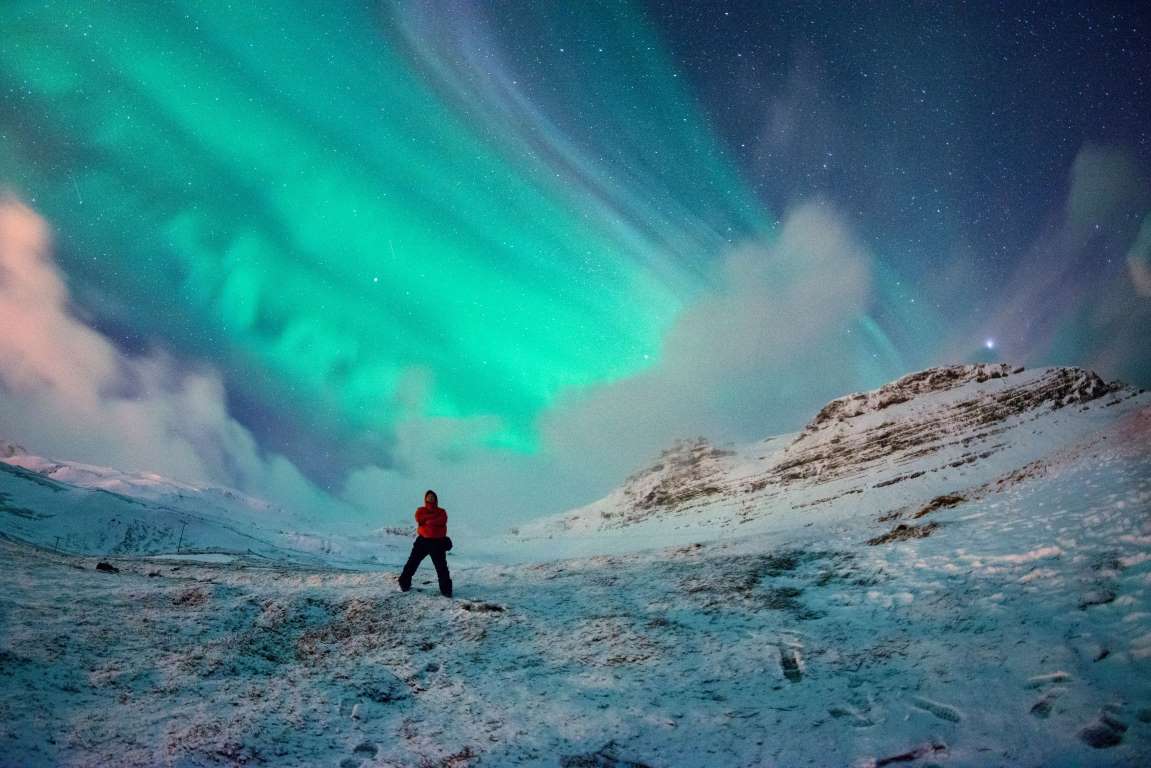
Northern Lights
The aurora borealis are commonly seen in the country from September to mid-April. That’s one of the main reasons why one should visit Iceland outside of the bright summer months.
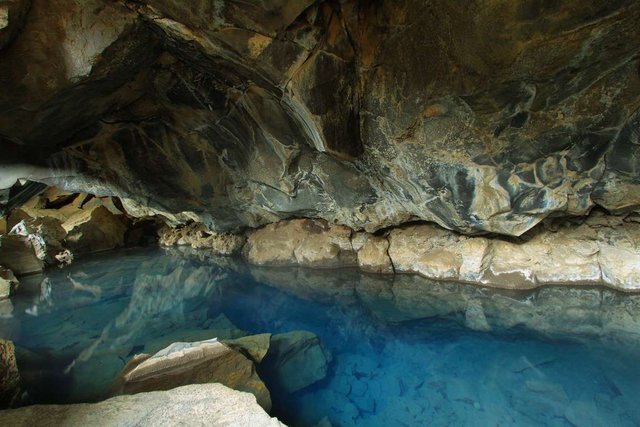
'Game of Thrones' locations
The HBO epic series’ seasons 2 and 5 were heavily filmed here. Grjótagjá Cave (pictured), where Jon Snow and Ygritte’s love scene was shot, Öxarárfoss Trail, which was the Bloody Gate of Vale, and Thingvellir National Park, where Brienne of Tarth and the Hound fight, are some of the sites one can visit.
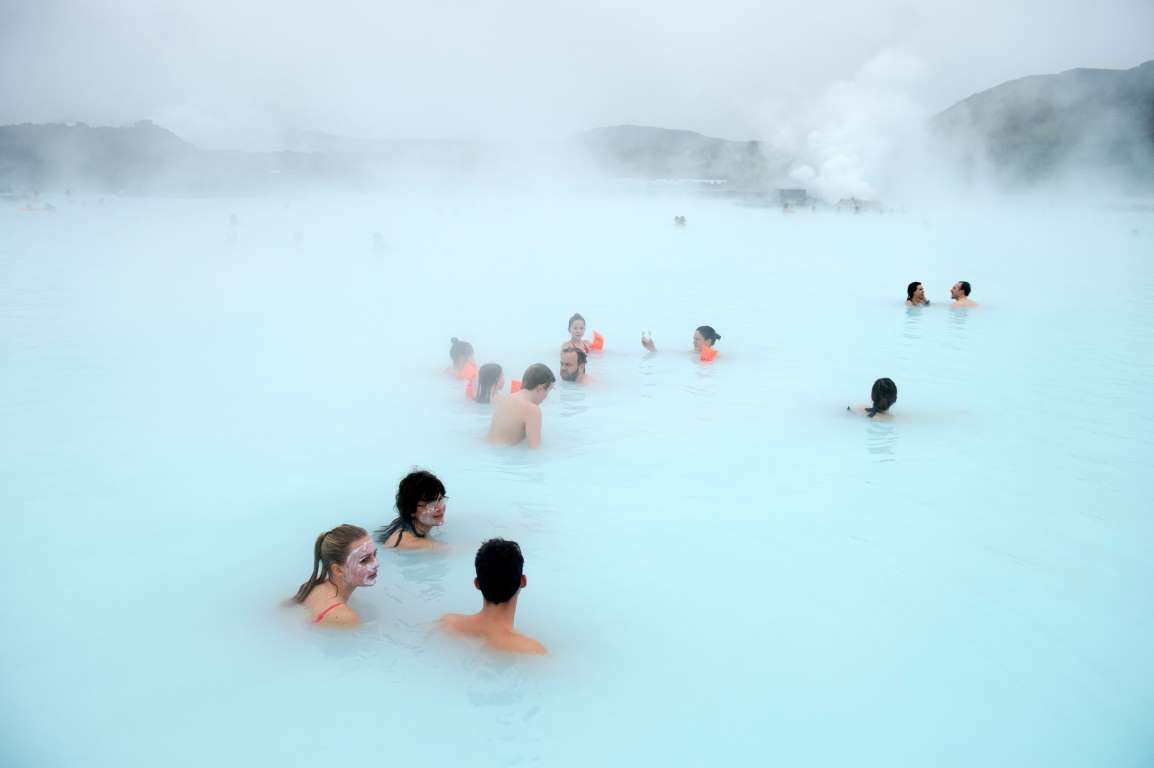
Natural spas
Blue Lagoon and Myvatn Nature Baths are two of the many outdoor spas that are known to cure skin and respiratory problems in some cases. The water here is rich in minerals like silica and sulfur. Almost all such places offer a selection of eateries serving international and Icelandic cuisine.
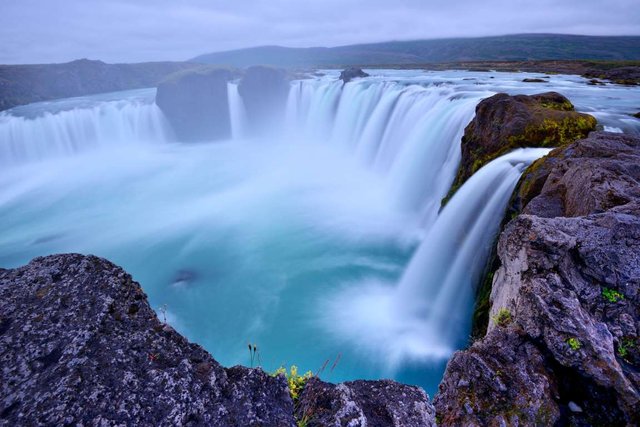
Waterfalls
The gorgeous landscape is dotted with breathtaking waterfalls in all forms and volumes. Nestled in fairytale-like settings, they make for a stunning sight in the summers and hiking spots when frozen in winters. Godafoss (pictured), Gullfoss and Seljalandsfoss are some of the most photographed and not-to-miss cascades.
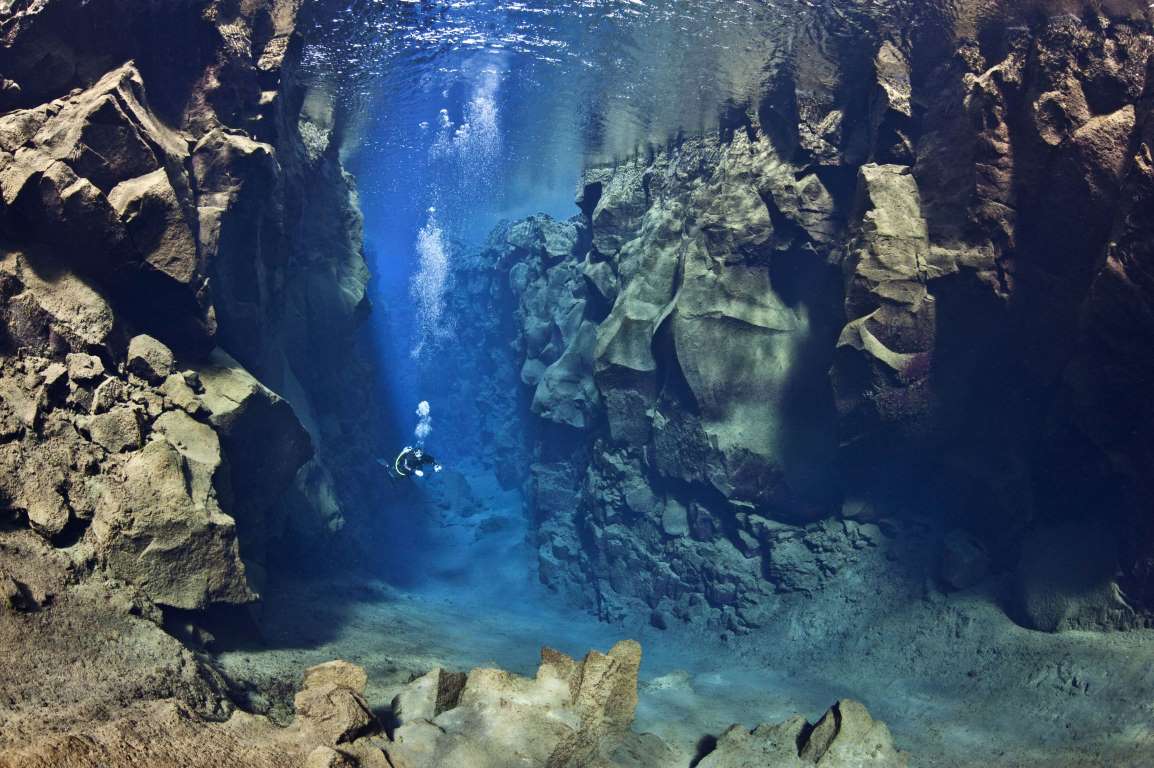
Snorkeling between two tectonic plates
Thingvellir National Park is the only place in the world where you get the opportunity to swim between the Eurasian and American tectonic plates. The water is crystal clear with a temperature of about 35-39°F (2-4°C). Appropriate attire to keep the cold out — a onesie and a dry suit — is provided to those keen on snorkeling or diving.
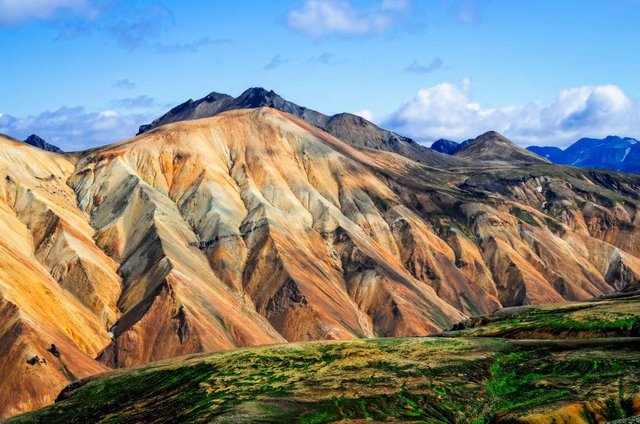
Majestic mountains
From the colorful Landmannalaugar mountains (pictured) to Hornbjarg, in the remotest corner of the country, Iceland is home to several mountain ranges. Some can be reached by bus/car, some need to be hiked all the way while others can be observed from a distance.
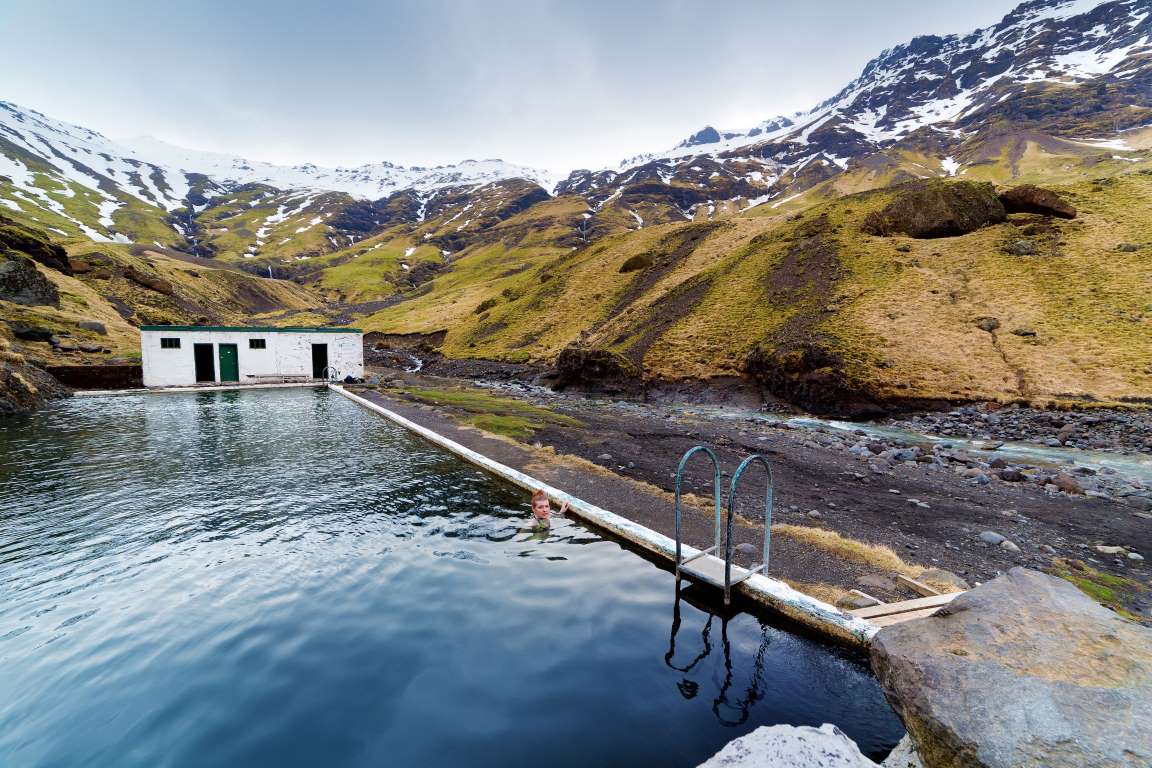
Geothermal baths
Iceland is dotted with several volcanically heated pools, some easily accessible while some nestled in mountain ranges, like the Seljavallalaug pool (pictured). These pools are thronged by locals and tourists alike. Landmannalaugar and Nauthólsvík geothermal beach, situated in the capital Reykjavik, are among many such baths not to be missed.
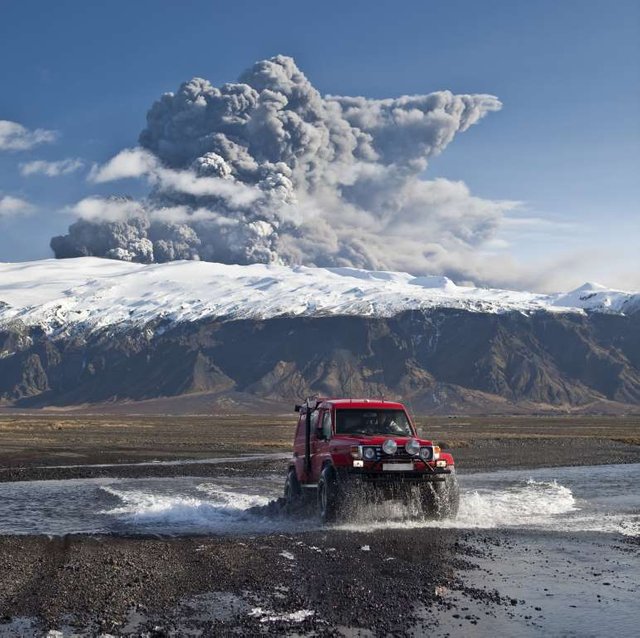
Glaciers
Slow masses of moving ice are common in the country, but a sight to behold. Many of these glaciers hide volcanic activity, including the Eyjafjallajökull (pictured), which erupted in 2010, and Mýrdalsjökull, which is home to the largest active volcano in the country. One can go on a hike and get a view of these volcanoes.
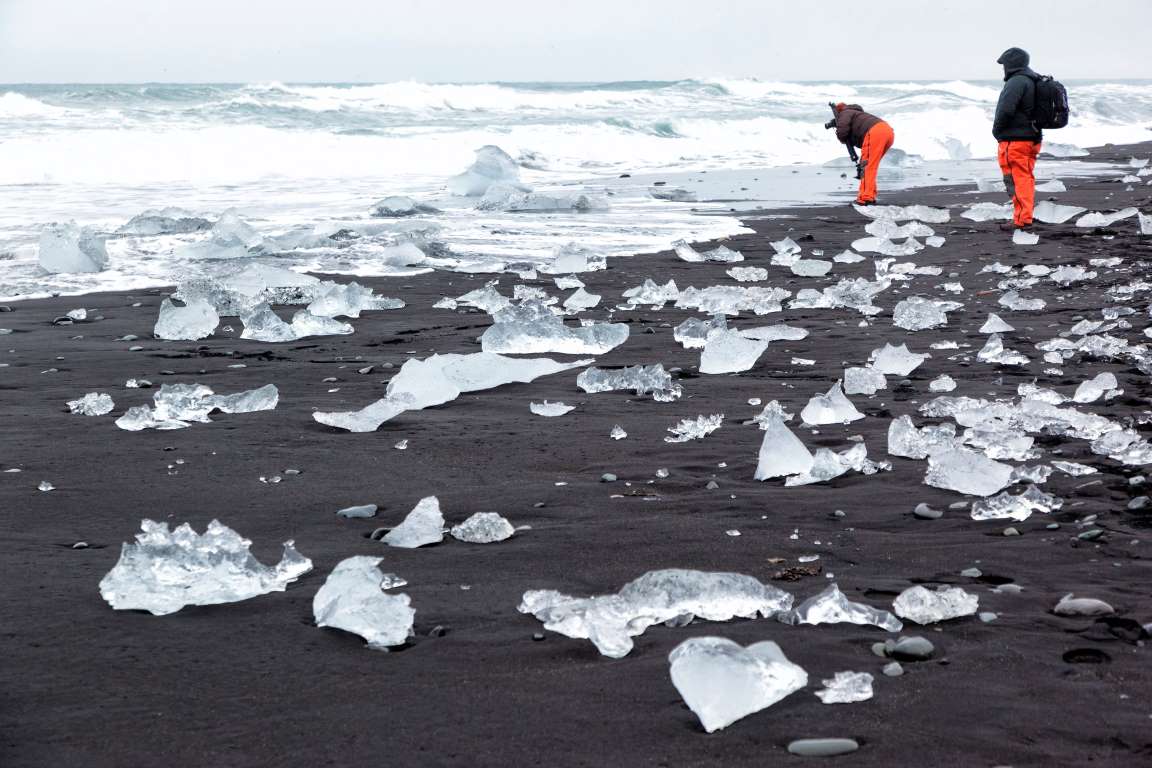
Beaches
Severe volcanic activity over the years has led to the formation of several black sand beaches across the country. These are formed by either lava from eruption or basalt rocks on the coast broken down over the course of hundreds of years. Reynisfjara on the south coast, Diamond beach in Jökulsárlón (pictured) and Dyrhólaey are some such awe-inspiring locations.
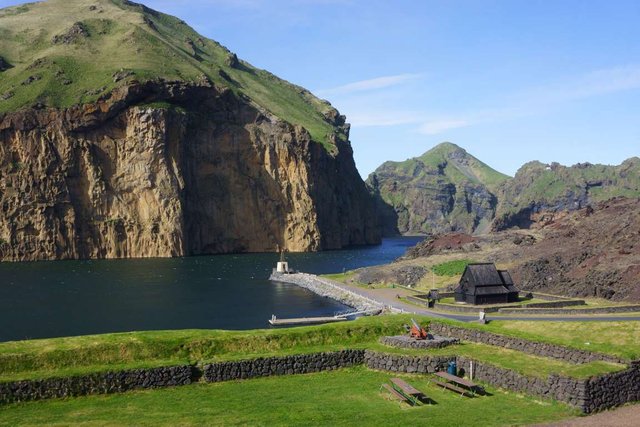
Skansinn Fort
The only fort in Iceland was built in the 15th century to defend the harbor. It is surrounded by greenery and the sea. In 1973, its walls were swallowed up by the lava, but some have been rebuilt. You can see the remains of the town’s old water tanks, which were also crushed by molten rock.
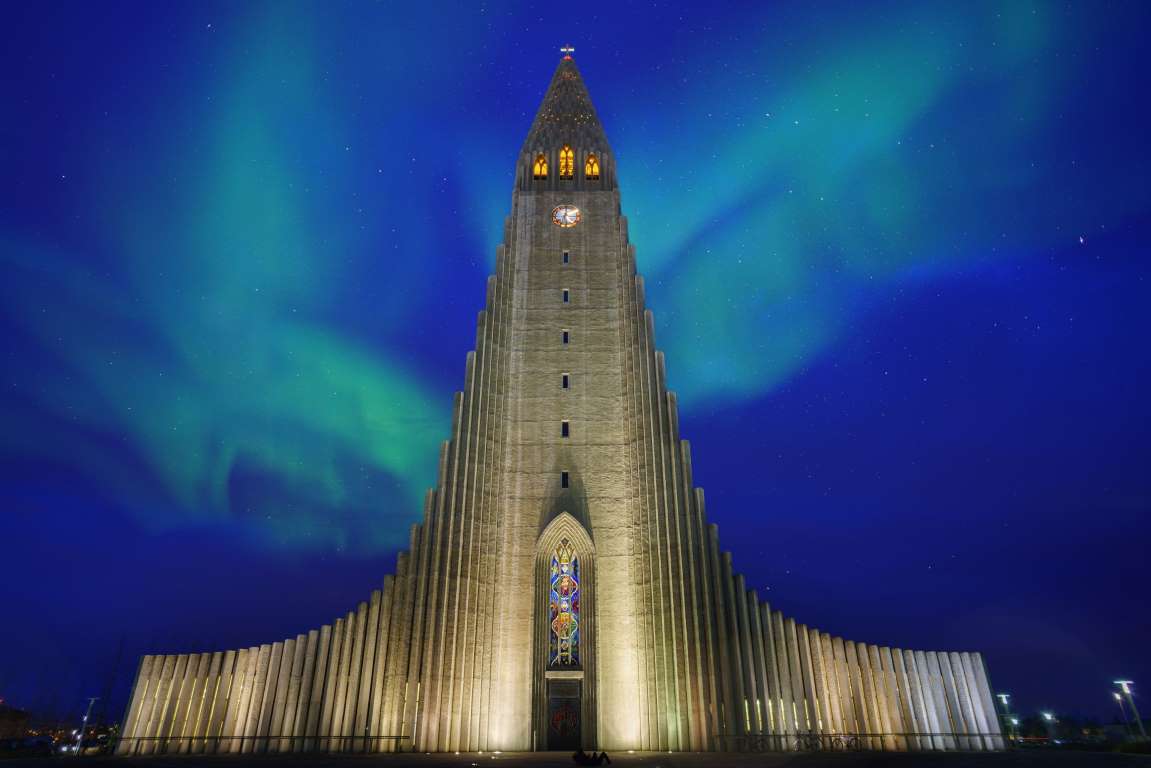
Architecture
The Nordic island country is also home to some modern architecture marvels like the Hallgrimskirkja Church (pictured), with a vast 5,275-pipe organ, and the Harpa concert hall. The 244-foot-high (74.5 meters) tower of the church offers breathtaking views of Reykjavik from the top. The concert hall has a honeycomb façade and houses the Iceland Symphony and the Icelandic Opera.
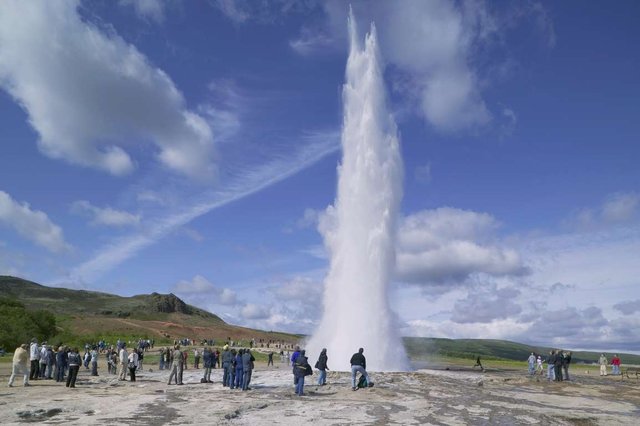
Geysers
These water-spouting sites are one of the top-billed attractions of the country. The Great Geysir, Strokkur (pictured) and Gamla Laugin are some of the locations hot spring enthusiasts can visit. It’s interesting to know that the word “geyser” originated from Iceland, when the Great Geysir erupted in the 14th century.
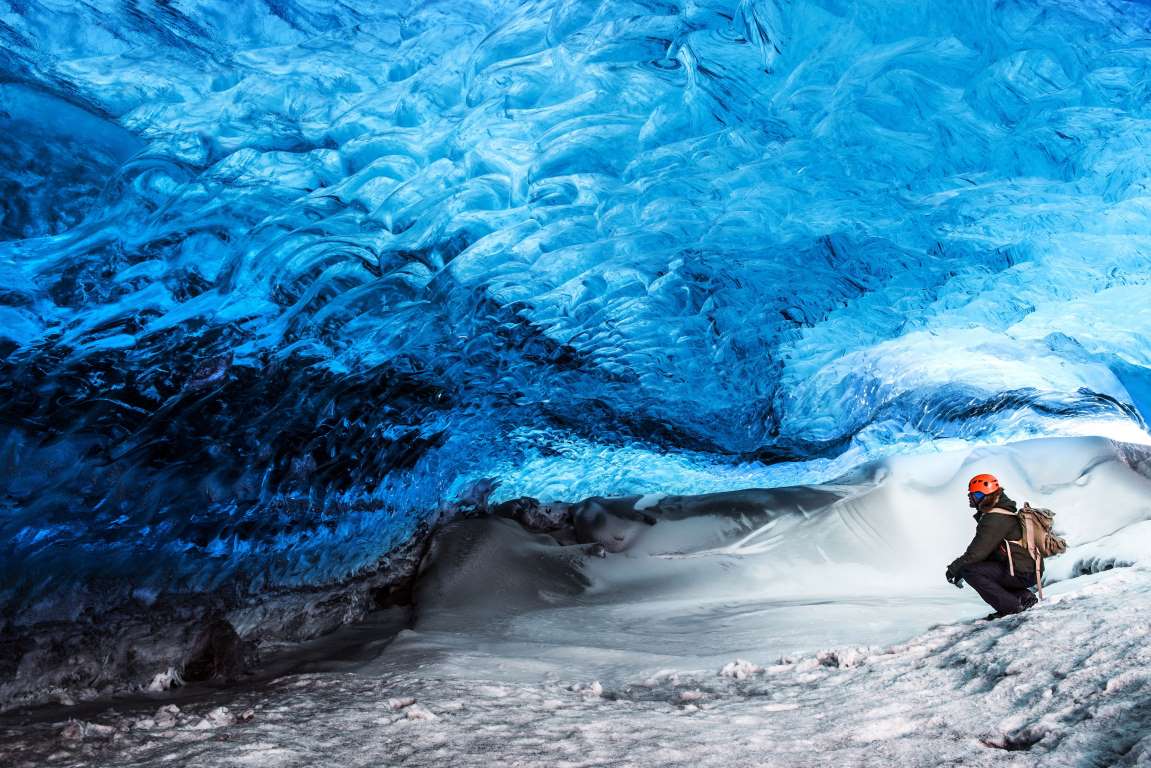
Ice and glacier caves
With glaciers and ice-capped caves abound, Iceland offers several tours to the inside of these structures. They range from simple walks to strenuous hikes, with some requiring assistance of a registered guide. Skaftafell (pictured), located in Vatnajökull National Park, is among the most popular caves.

Food
Iceland is one of Europe’s most dynamic gastronomic destinations and has a variety of restaurants that serve traditional ingredients in new ways. A staple of Icelandic cuisine is fresh caught fish and lamb. Street eats are a must for visitors, especially the pylsa, or hot dog, the country’s favorite snack. You will also find fermented shark, singed sheep heads or pickled ram’s testicles on the menus.
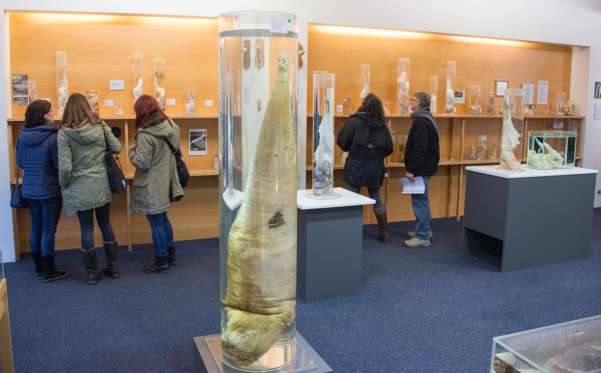
One-of-a-kind museum
The Icelandic Phallological Museum in Reykjavik houses a collection of over 215 penile parts belonging to all the sea and land mammals found in the country. The items on display include parts from sperm whales, polar bear, seals and walrus. It also has a single human sample from deceased mountaineer Páll Arason.
Hi! I am a robot. I just upvoted you! I found similar content that readers might be interested in:
https://www.msn.com/en-gb/news/photos/16-reasons-to-include-iceland-in-your-travel-list/ss-AAuNoH8
Downvoting a post can decrease pending rewards and make it less visible. Common reasons:
Submit